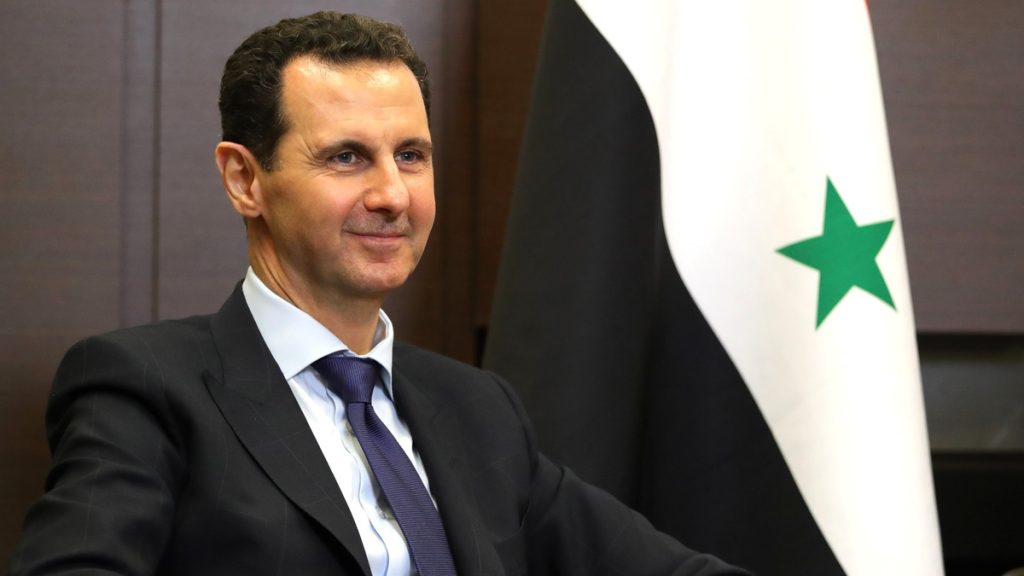On May 7, 2023, foreign ministers from Arab League member nations voted to bring back Syria into the regional organization at the League’s headquarters in Cairo. Such a move comes after the Levantine country was expelled from the League in 2011 as the Syrian Civil War broke out.
This move was made before the Arab League Summit slated to be held in Saudi Arabia on May 19. Thus far, Arab states have been normalizing relations with Syria left and right.
Syria was booted from the Arab League after President Bashar al-Assad clamped down on protestors in March 2011 which sparked the Syrian Civil War that has resulted in the deaths of roughly half a million people and displaced an additional 23 million.
With the Assad regime starting to re-consolidate its hold over Syrian territory, Arab states have woken up and smelled the hot coffee in geopolitical terms. They now recognize that Assad is no longer going anywhere owing to intervention from Iran and Russia to prop up his government.
The normalization of diplomatic relations between the Arab League and Syria largely accelerated after a devastating earthquake rocked Syria and Turkey on February 6 and the Chinese-brokered normalization of diplomatic relations between Iran and Saudi Arabia. Iran is Syria’s most reliable ally in the Middle East and has played an instrumental role in having its proxies establish a foothold in Syria, a move that has given Israel and the United States plenty of headaches.
The Arab League was created in Cairo on Mach 22, 1945. Its ostensive goal consists of building closer relations between member nations and facilitate collaboration between them in order to uphold independence and sovereignty. Syria was one of the six founding member nations of the regional organization, so its initial expulsion in 2011 was a significant development in the grand scheme of geopolitical developments.
However, its re-integration into the Arab League demonstrates how Arab states are becoming more geopolitically flexible in the new era of multipolarity. With Russia and China starting to play a more prominent role in military and economic affairs in the region, respectively, Arab states will no longer feel obligated to abide by Washington’s foreign policy strictures.
In turn, they will exercise options and cooperate with emerging powers in the Eurasian space, who will generally pursue foreign policies that promote national sovereignty and territorial integrity within the Middle East. On the other hand, the US either pursues a universalist foreign policy that is designed to remake the Middle East in its own image or it follows a pro-Zionist foreign policy — both foreign policy decisions that foment instability in the region.
Given the US’s long track record of promoting coups, color revolutions, and direct military interventions in the region, Arab states are beginning to recognize the importance of cooperating among themselves, despite their grievances, and not bringing unstable third parties into the fold.
With the US starting to build an unstable image both domestically and abroad, increasing numbers of countries will opt for inter-regional cooperation as opposed to fully relying on the US for defense, diplomatic, and economic matters.
